Running to lead California, Zoltan Istvan said the state needs Universal Basic Income and robots before jobs begin to vanish.
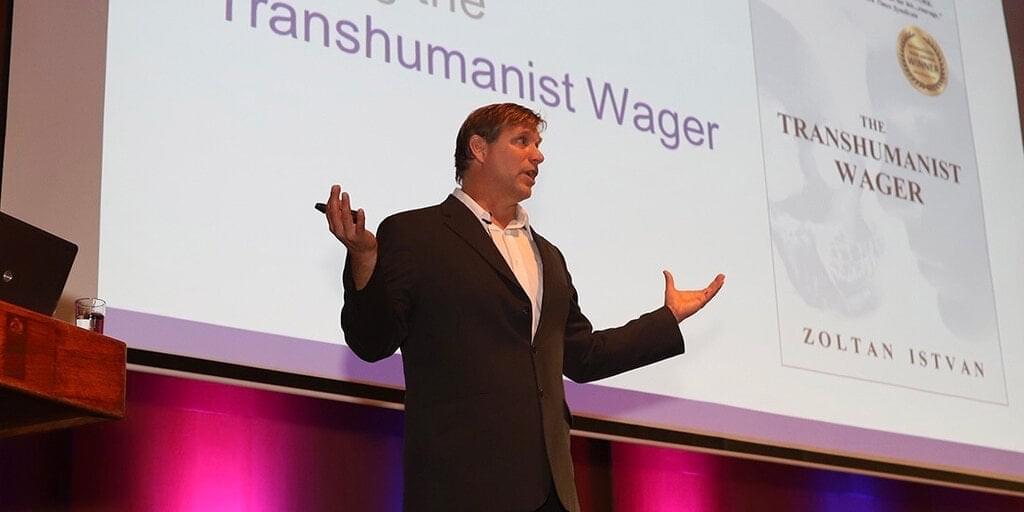

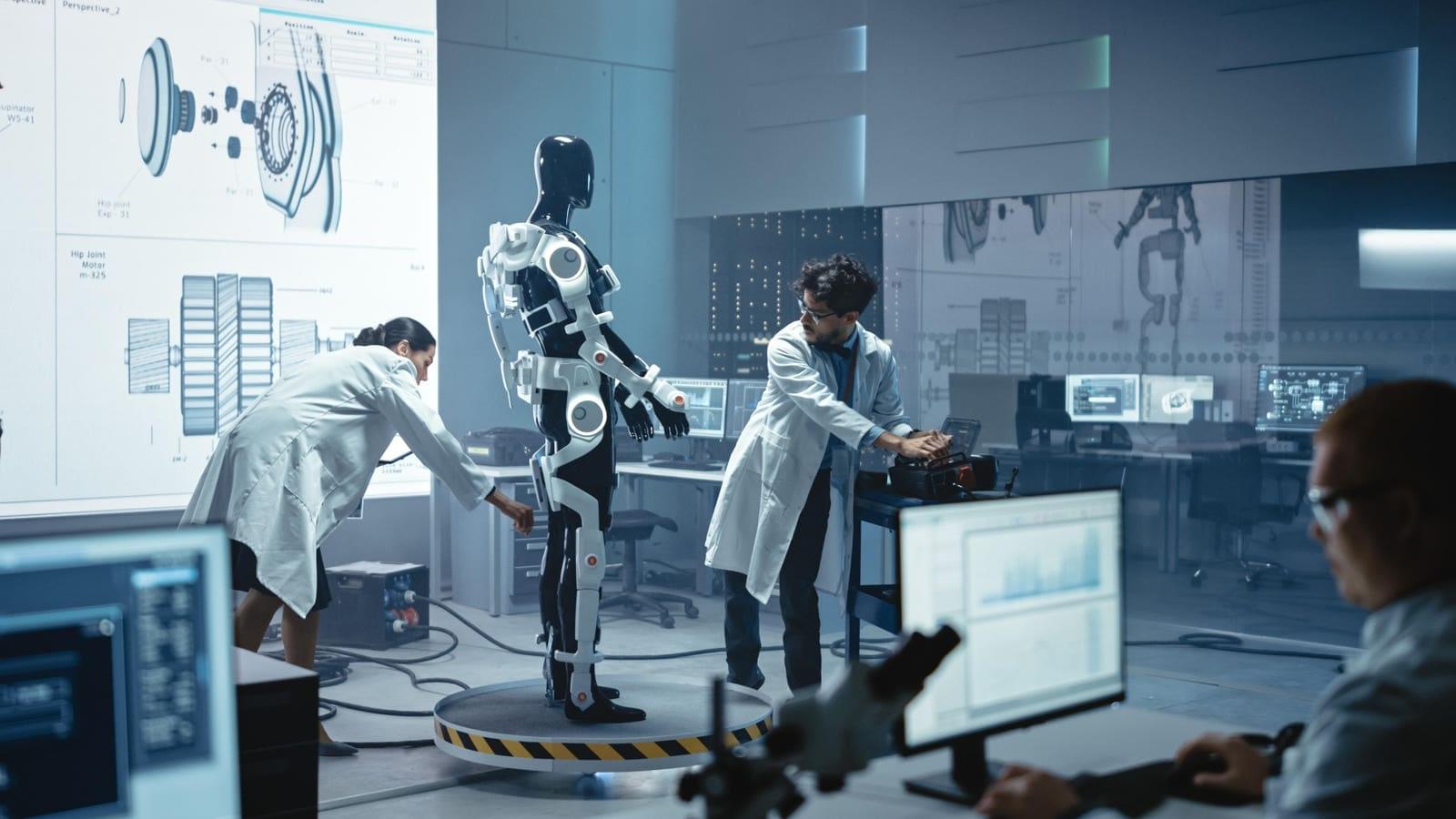
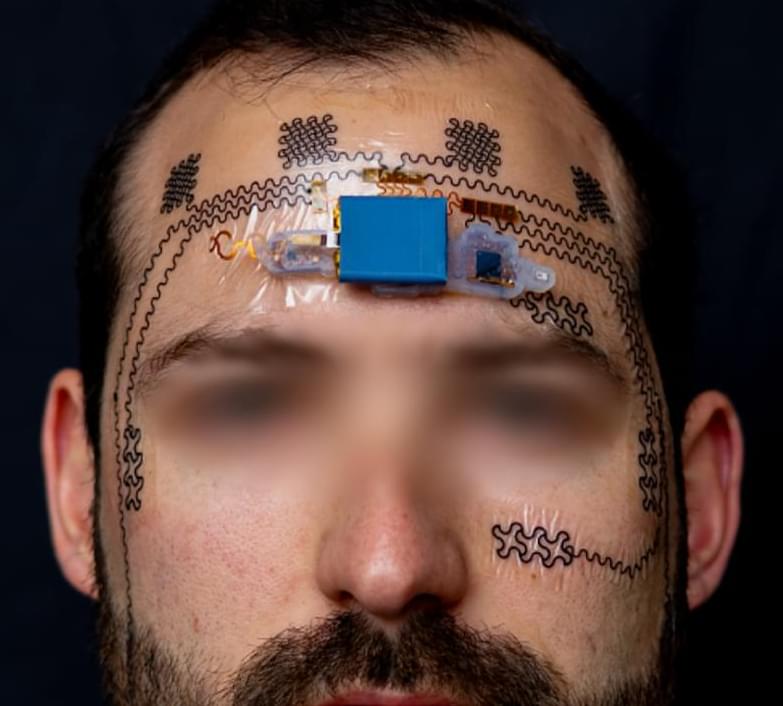
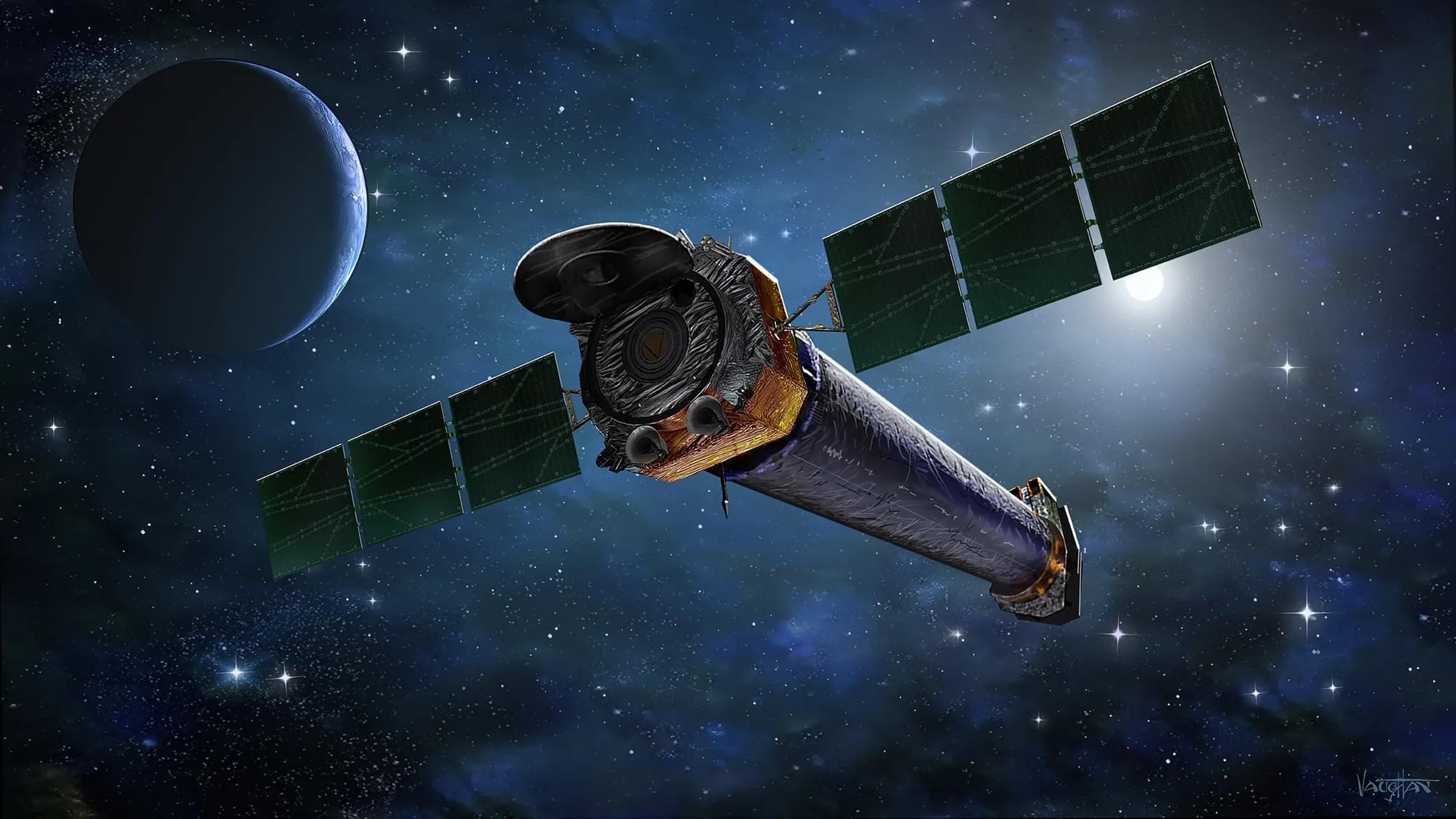
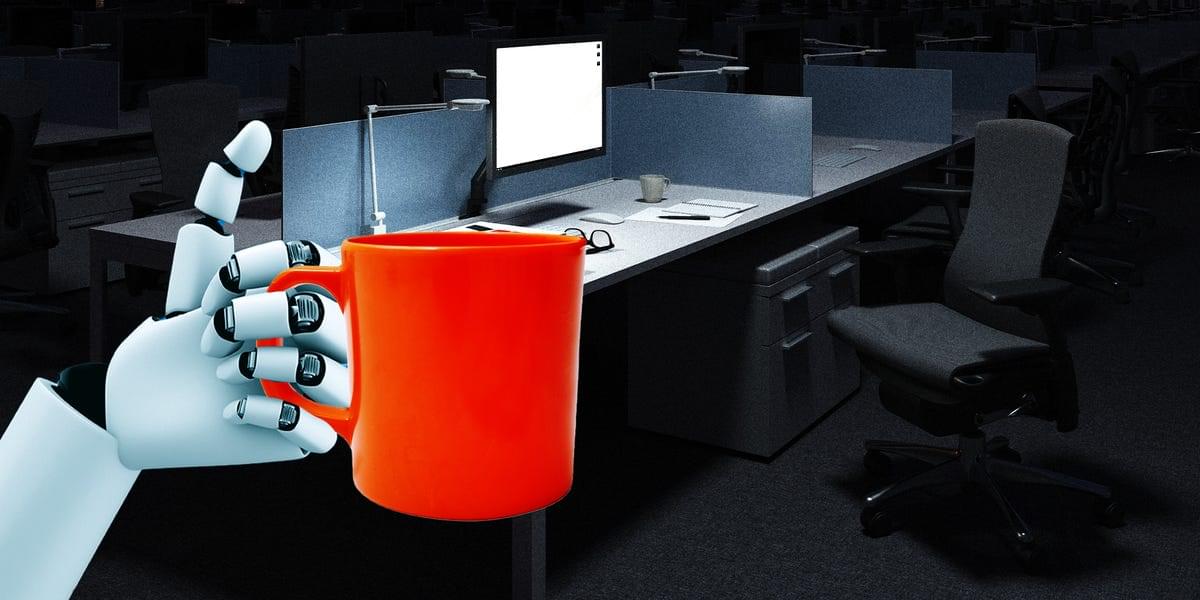
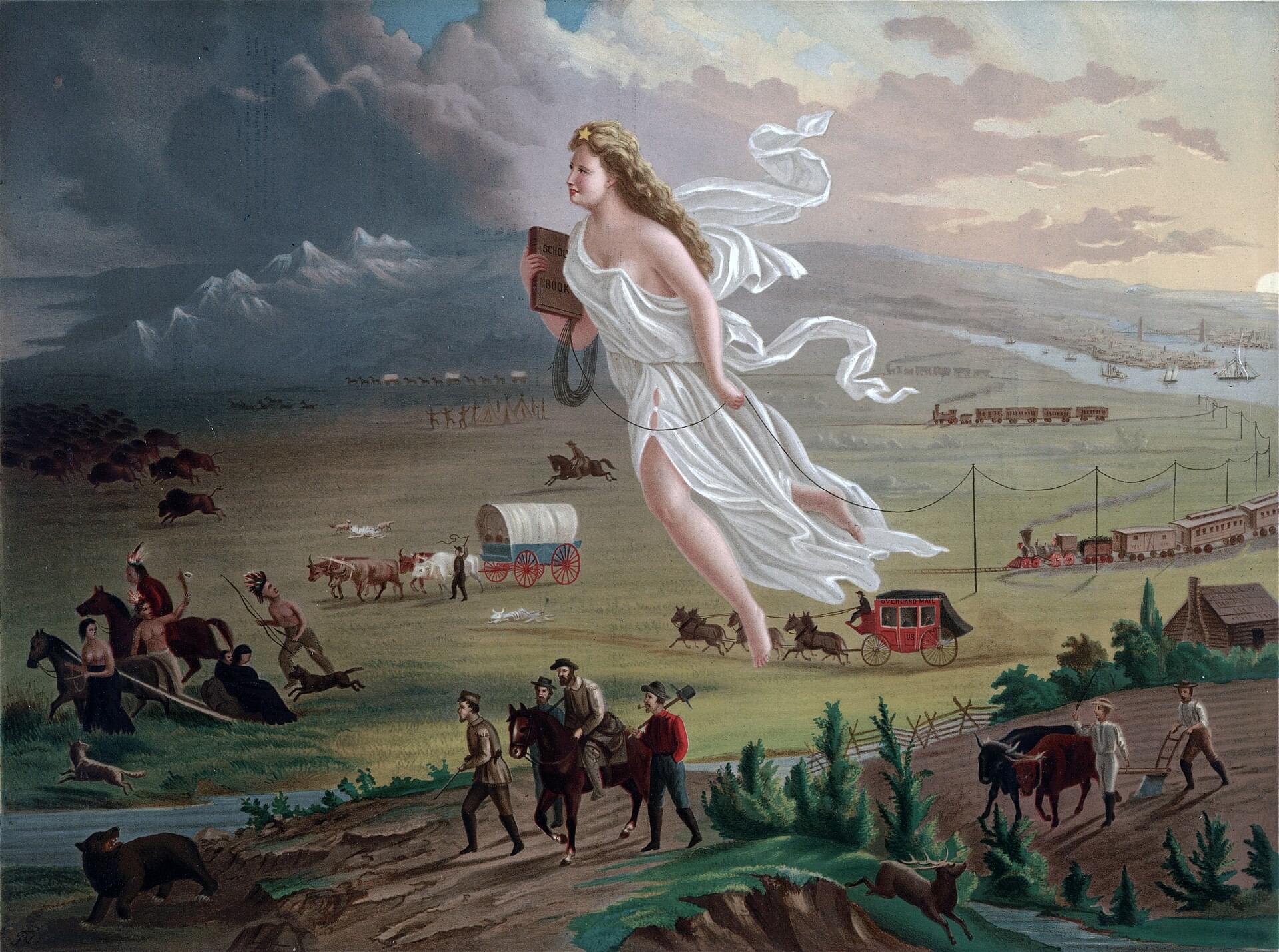

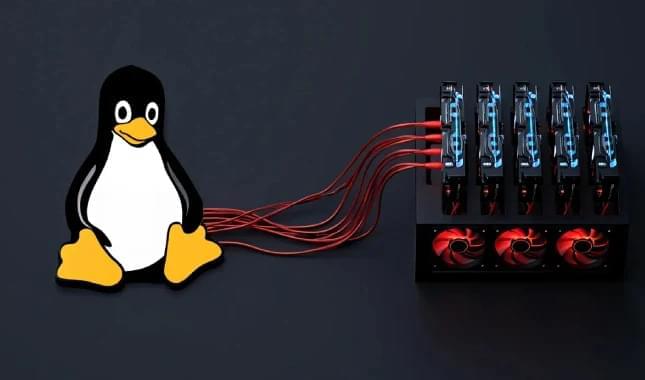
Cybersecurity researchers are calling attention to a new Linux cryptojacking campaign that’s targeting publicly accessible Redis servers.
The malicious activity has been codenamed RedisRaider by Datadog Security Labs.
“RedisRaider aggressively scans randomized portions of the IPv4 space and uses legitimate Redis configuration commands to execute malicious cron jobs on vulnerable systems,” security researchers Matt Muir and Frederic Baguelin said.
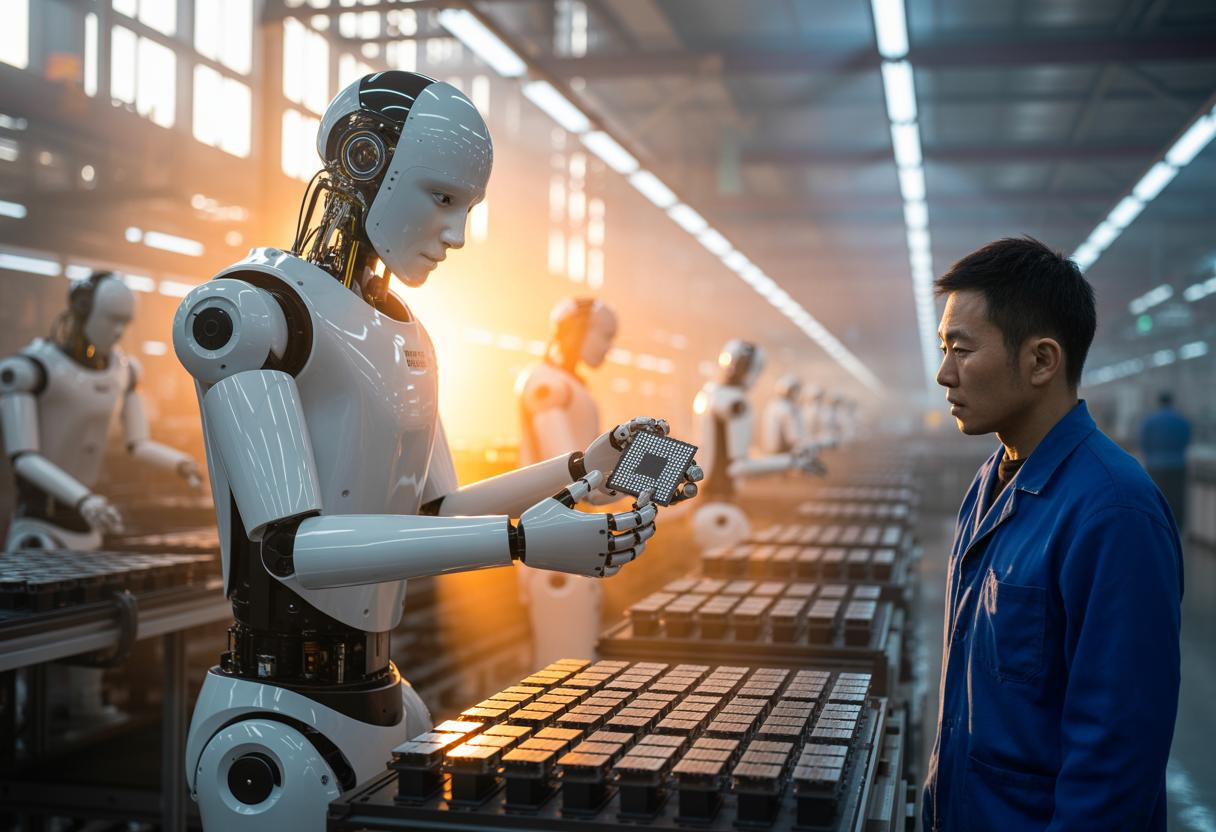
🤖🦾💰A bot for only $35K! Next year $18K?
“” We’ve reached a tipping point where the technology and cost curves have intersected,” explains Dr. Li Wei, robotics analyst at Beijing Technological Institute. ” A humanoid robot that cost $100,000 last year now sells for under $35,000, with prices expected to halve again by 2026.”
It looks like nothing was found at this location. Maybe try searching?
HUGE AI breakthrough: Absolute Zero Reasoner deep dive. Self-improving AI that learns with no data! #ai #aitools #ainews #llm.
Sources:
https://arxiv.org/abs/2505.03335
https://github.com/LeapLabTHU/Absolut… Thanks to Tavus for sponsoring this video. Try Tavus for free https://tavus.plug.dev/T4AQw5K 0:00 Absolute Zero intro 0:50 Traditional methods of training AI models 4:00 Absolute Zero algorithm 5:01 How Absolute Zero Reasoner works 7:19 Types of training tasks 9:00 How good is Absolute Zero 10:47 Tavus 12:11 Adding Absolute Zero to existing models 13:01 Interesting findings 15:43 Uhoh… 16:50 Ablation study 18:15 More interesting findings Newsletter: https://aisearch.substack.com/ Find AI tools & jobs: https://ai-search.io/ Support: https://ko-fi.com/aisearch Here’s my equipment, in case you’re wondering: Dell Precision 5690: https://www.dell.com/en-us/dt/ai-tech… Nvidia RTX 5,000 Ada https://nvda.ws/3zfqGqS Mouse/Keyboard: ALOGIC Echelon https://bit.ly/alogic-echelon Mic: Shure SM7B https://amzn.to/3DErjt1 Audio interface: Scarlett Solo https://amzn.to/3qELMeu.
Thanks to Tavus for sponsoring this video. Try Tavus for free https://tavus.plug.dev/T4AQw5K
0:00 Absolute Zero intro.
0:50 Traditional methods of training AI models.
4:00 Absolute Zero algorithm.
5:01 How Absolute Zero Reasoner works.
7:19 Types of training tasks.
9:00 How good is Absolute Zero.
10:47 Tavus.
12:11 Adding Absolute Zero to existing models.
13:01 Interesting findings.
15:43 Uhoh…
16:50 Ablation study.
18:15 More interesting findings.
Newsletter: https://aisearch.substack.com/
Find AI tools & jobs: https://ai-search.io/
Support: https://ko-fi.com/aisearch.
Here’s my equipment, in case you’re wondering: